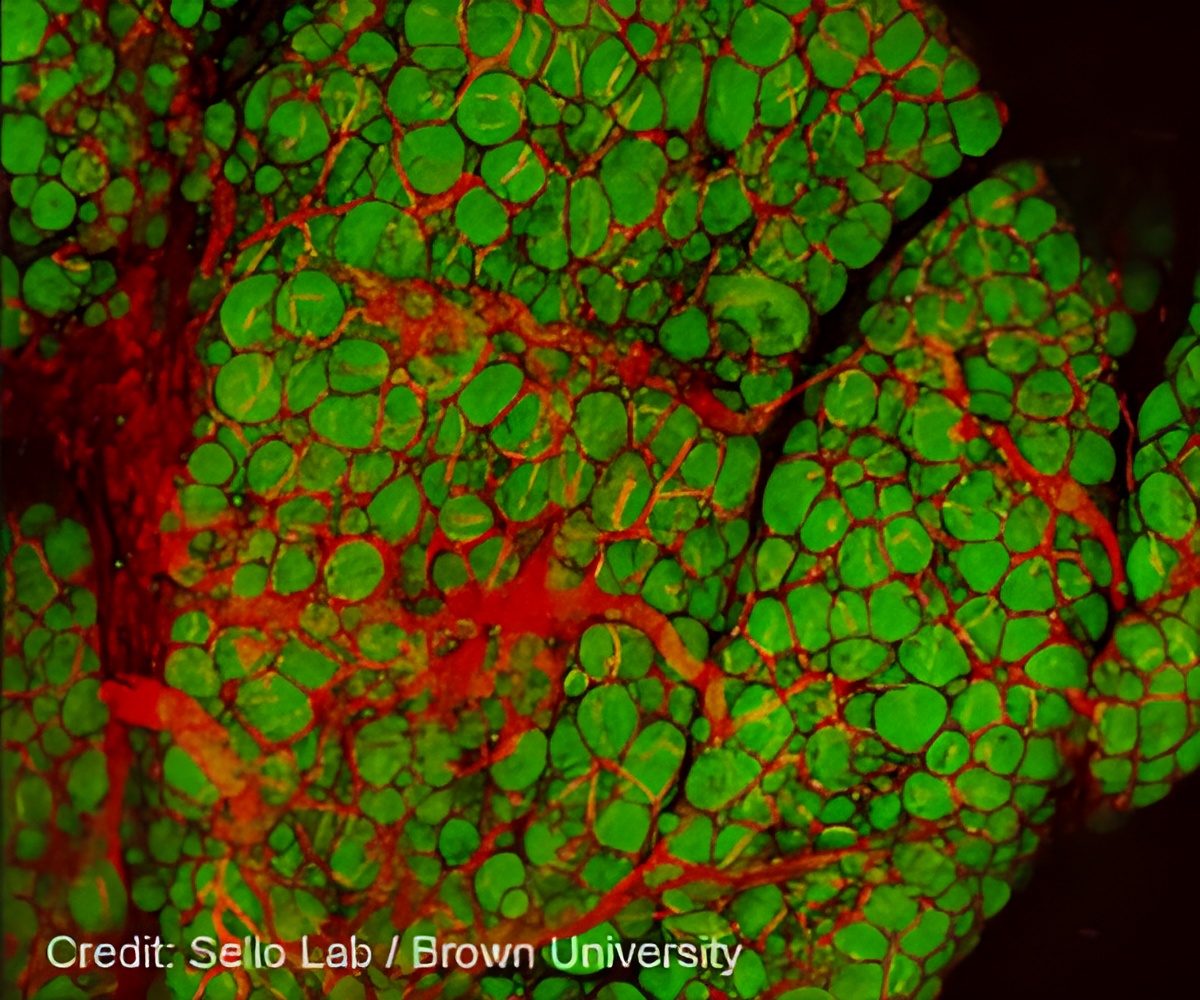Reversing the age-related changes in fat cells called adipocytes, may prevent lifestyle diseases such as diabetes and fatty liver. Aging causes dysfunction in the fat cells. Age-related changes in adipose tissue result in metabolic disorders that are closely associated with life-threatening cardiovascular diseases

‘Absence of protein, Rubicon results in excessive autophagy in adipocytes and a decline in adipocyte function, which increases metabolic disorders associated with aging. Therefore, inhibiting autophagy in adipocytes may help prevent the onset of these prevalent and potentially life-threatening conditions.’
Read More..




Now, in a study published in Nature Communications, researchers led by Osaka University have uncovered exactly how these changes lead to the onset of lifestyle diseases, with an eye to reversing the process.Read More..
"Adipocytes produce hormones and cytokines that regulate the function of other metabolic organs," explains study lead author Tadashi Yamamuro. "Age-related changes in adipose tissue result in metabolic disorders that are closely associated with life-threatening cardiovascular diseases. However, no one really knows what causes adipocyte dysfunction in aged organisms."
The research team decided to focus on autophagy, the process used by cells to eliminate unwanted or dysfunctional cellular components. Previous studies had shown that autophagy plays an important role in the prevention of various age-related disorders and is likely to be involved in the aging process. But most pertinent was the finding that autophagy is essential for the normal function and longevity of normal organs, such as liver or kidney.
Says Yamamuro, "We previously showed that a protein called Rubicon, which inhibits autophagy, is upregulated in aging tissues. We therefore hypothesized that Rubicon likely accumulates in aged adipocytes, decreasing autophagic activity and contributing to the onset of metabolic disorders."
Surprisingly though, the researchers found that Rubicon levels were actually decreased in the adipose tissue of aged mice, resulting in increased autophagic activity.
Advertisement
"In the absence of Rubicon, we observed excessive autophagy in adipocytes and a decline in adipocyte function," explains senior author Tamotsu Yoshimori. "As a result, the mice developed lifestyle diseases such as diabetes and fatty liver and had significantly higher cholesterol levels, despite being fed the same diet as control animals."
Advertisement
"This is a really exciting discovery with important therapeutic implications," says Yoshimori. "Because age-dependent loss of adipose Rubicon causes lifestyle diseases via excess autophagy, inhibiting autophagy in adipocytes may help prevent the onset of these prevalent and potentially life-threatening conditions."
Source-Eurekalert















